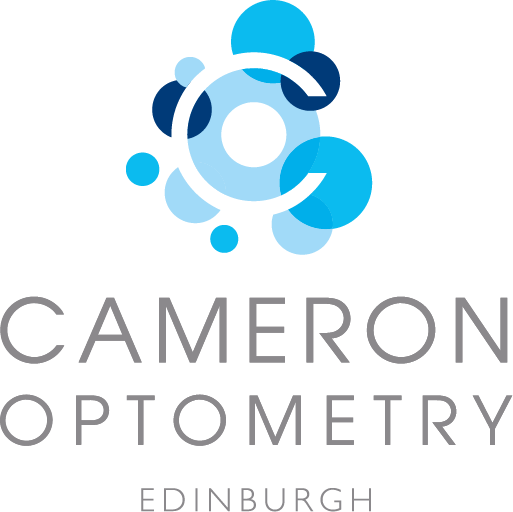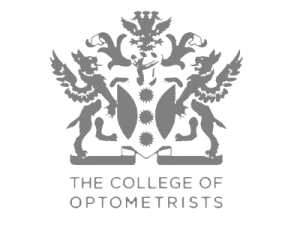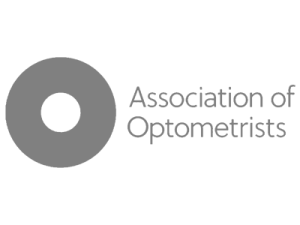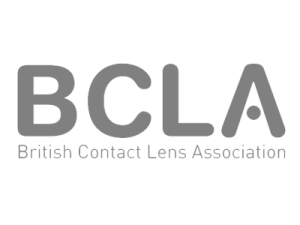As part of National Eye Health Week, we are highlighting key eye care advice for various groups. Today we’re sharing Vision Matters’ advice on the ageing eye, sight after sixty.
Our visual acuity steadily declines and our risk of developing a sight threatening eye condition increases as we age.
This is due to a number of factors including:
- The natural ageing process – the lens inside our eye actually begins
to stiffen from about the age of ten but it isn’t until we reach our mid- to late-forties that we start noticing problems trying to focus when reading or doing close work. - Environmental factors – the cumulative effect of exposure to UV light can impact on the quality of our vision.
- Lifestyle factors – over time a poor diet, smoking and lack of exercise can all have a negative impact on our vision.
- Genetic factors – the quality of our parents’ vision can be a good indicator of how well, or not, our eyes and vision will age.
And regular sight tests are vital ensure we maintain healthy vision. By the time we reach our 60s over 96 per cent of us will require some form of vision correction.
In addition to conditions such as long- and short-sightedness there are a number of eye conditions that are age-related. These include:
- Age-related Macular Degeneration (AMD). This impairs your central field of vision and is Britain’s leading cause of blindness affecting an estimated 600,000 people across the UK.
- Glaucoma is a condition that a ects the optic nerve and disturbs your peripheral vision. If left untreated it can lead to total loss of sight.
- Twenty six per cent of all cases of sight loss in people aged 75 and over is due to untreated cataracts. This is despite the fact that vision can usually be restored with a routine surgical procedure.
- Dry Eye (Keraconjunctivitis Sicca) a condition where the tear glands are not creating enough, or creating poor quality, liquid to keep the eyes lubricated and comfortable. Dry eye is the most common cause of eye irritation in people aged 65 plus.
- Presbyopia is a natural part of the ageing process. It occurs when the crystalline lens in the eye loses its exibility and makes it more and more difficult to focus on close objects.
- Floaters re little dots or tadpole-like shapes which appear in our vision. These are caused by age and the general wear and tear of our eyes. Occasionally this can be an early warning of a detached retina so be sure to visit your optometrist straight away if you notice a sudden onset or rapid increase in the number of flashes or floaters in your vision.
Poor uncorrected vision can have a significant impact on our social and physical well-being however, more than four million OAPs miss out on vital eye tests every year*.
A simple eye test could help improve the quality of life for millions of pensioners.
It’s ecommended that over 60s have their eyes checked every two years and over 70s should have theirs checked annually, unless recommended otherwise by their optometrist.
For more advice about looking after your eyes visit www.visionmatters.org.uk
*Figure calculated using ONS population data, Sight Test Volume and Workforce Survey and GOS:Ophthalmic Statistics












